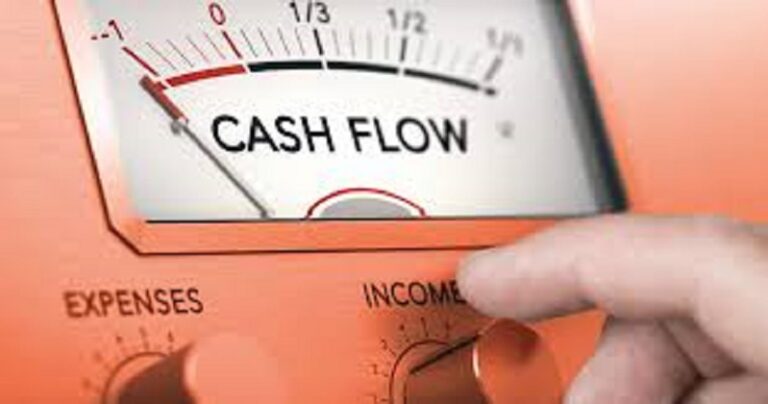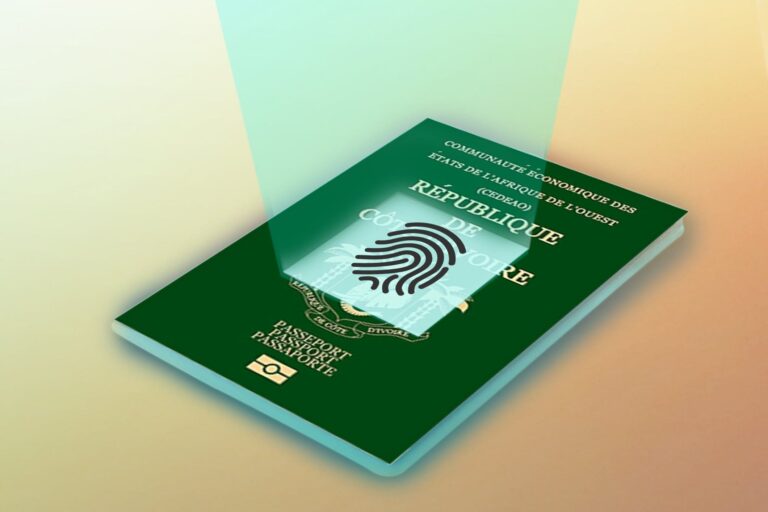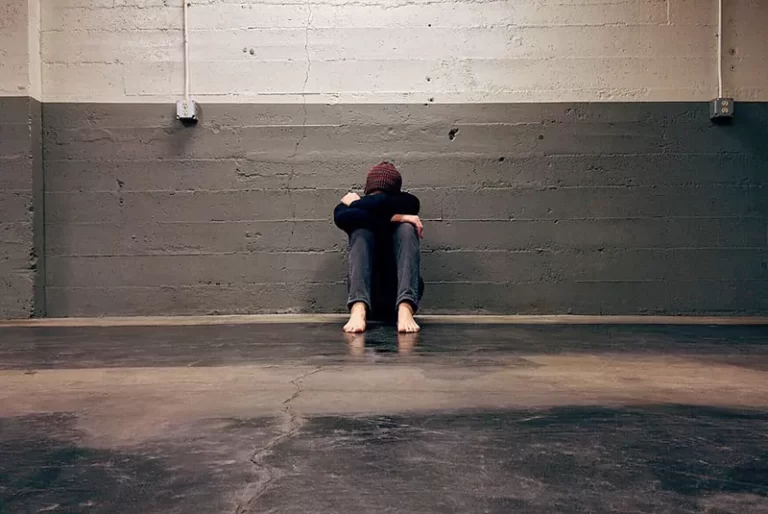
Time Tracker Software
Content
Many people refer to ‘dependence’ as ‘addiction.’ Note that substance abuse can lead to substance dependence, but it doesn’t always. A person can be physically dependent to a drug, or they can be psychologically dependent. A person with a physical dependence on a substance will experience withdrawal symptoms when they cut back or stop using a drug. A person with a psychological dependence may only experience mood swings, psychological or cognitive problems, or no withdrawals at all when cutting back or stopping.

Without professional help, their substance abuse problems can get much worse. If you understand the differences between a physical and psychological addiction, you’ll be able to seek the best course of treatment for recovery. It takes a lot longer to recover from psychological psychological dependence on alcohol symptoms, sometimes months or years. Also included with this treatment are relapse prevention plans, coping techniques and support groups. Psychological dependence refers to the compulsion to keep using drugs or alcohol, or doing a behavior like shopping, gambling or gaming.
What is Psychological Dependence?
We’re here to help you take the next steps on the road to recovery. Physical dependence is generally thought of as the body’s response to withdrawing from drugs or alcohol. This can be a short-term withdrawal, such as the time between hits or drinks, or the symptoms can manifest in a more intense way as part of a formal detox process Apply for SBI CSP.
Those that live with an addiction engage in drugs/alcohol and behaviors that continue compulsively despite adverse consequences. With targeted medication, intensive psychotherapy, professional care, and social support networks, clients can recover from addiction within the safety of an optimal healing environment. When she goes to dance clubs and concerts with her friends she uses Acid or Ecstasy. However, since she doesn’t take the drugs every day, Annie doesn’t think she has a substance abuse problem. In addition to detox and medication, you will also participate in therapy while in treatment. Therapy is an integral part of recovery, as it can help you understand the underlying causes of your addiction.
Substances Associated with Psychological and Physical Dependence
Although uncomfortable, this is actually the easy part of treatment. In all cases of drug or alcohol abuse, there are symptoms and physical effects on the body and mind. These effects can vary depending on the quantity abused and the type of drug being used. Over time, drugs can end up changing the chemistry in a persons brain.
Have you found yourself or witnessed a loved one using drugs or alcohol as a way to escape anxiety, depression, financial or marital problems, grief, or another distressing situation? Self-medication entails any situation where a person abuses a substance instead of dealing with a situation, its effects, or the emotions attached to it. A vicious cycle begins—as the abuse creates more dysfunction within both their life and emotional state the user will continue using drugs in an attempt to control https://ecosoberhouse.com/ it, and so forth. Self-medication can quite commonly lead to compulsive drug use and dependence, especially that which is psychological. When it comes to addiction recovery treatment in Princeton NJ, physical and psychological symptoms are treated differently but still alongside each other. Physical addiction is typically addressed through a medically supervised detox program. Once the detox portion of treatment is complete, the body is no longer physically dependent on the substance.
Symptoms of Physical Dependence
Exercising is a great way to get your mind off narcotics and it helps release endorphins throughout your body. Talking to a professional or even a friend is another way to help combat withdrawals. When hobbies like boating, fishing or crafting no longer have a place in your life as it did before, it is a sign of dependence on substance abuse. When drugs take over and they are more important than hobbies previously enjoyed this is a social implication of dependency. While each element of addiction should be treated to obtain the maximum effect and highest chance for sobriety, it is counterproductive to treat just one since each influences the other.
What are the main symptoms of physical dependence on a drug?
Symptoms which may be experienced during withdrawal or reduction in dosage include increased heart rate and/or blood pressure, sweating, and tremors. More serious withdrawal symptoms such as confusion, seizures, and visual hallucinations indicate a serious emergency and the need for immediate medical care.











